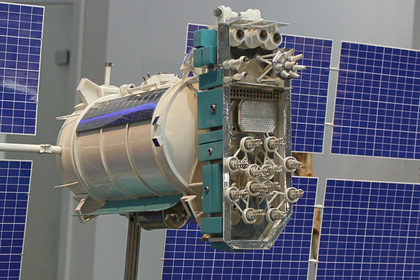The Russian navigation satellite system GLONASS will switch from using the "Soviet" time UTS (SU) to the world coordinate time (UTC). This is reported by RIA Novosti with reference to the presentation of the general designer of the system Sergey Karutin.
It is specified that the rejection of the national time scale will occur in 2027.
Karutin explained that the difference between GLONASS and other systems (GPS, Galileo and BeiDou) is that the Russian system is adjusted depending on the seconds that have run up. On foreign satellites, the time is not adjusted and accumulates an error, which is automatically taken into account by the system. At the same time, the difference between the readings of the Russian and other systems differs by nanoseconds.
On October 8, Nikolay Testoyedov, CEO of Information Satellite Systems (ISS), called it an "absolutely natural process" that the creation of new GLONASS-K2 satellites costs ROSCOSMOS twice as much as the GLONASS-K spacecraft of the previous generation. He assured that from 2026 all GLONASS-K2 spacecraft will be manufactured from the Russian element base. "Even where the Russian industry does not have the technological capabilities to manufacture a specific chip, we will replace it with a microassembly, but of domestic production. Somewhere because of this, weight may be added compared to the use of a foreign component of the base," the head said.
In July, the head of the department of ground-based navigation and information systems and complexes of Russian Space Systems (RKS), Vitaly Sernov, said that GLONASS and GPS "provide a location error within five meters and fit the navigation requirements of a large number of users." However, "the high-precision complex of wide-band functional complement of global navigation satellite systems developed by the RKS can significantly increase the efficiency of GLONASS navigation services" - up to 0.5 meters and even up to 0.1 meters.
Marina Sovina

